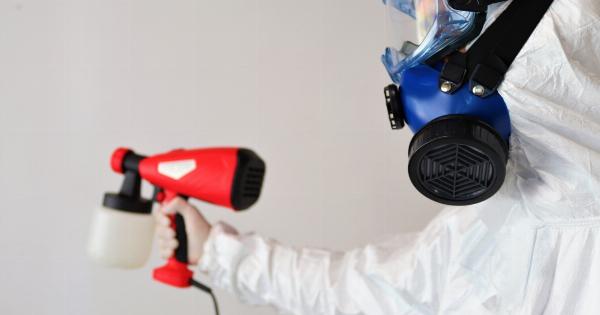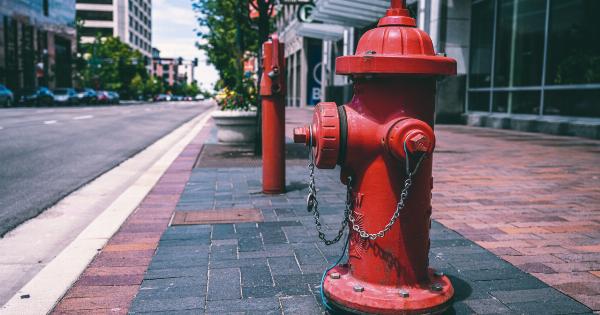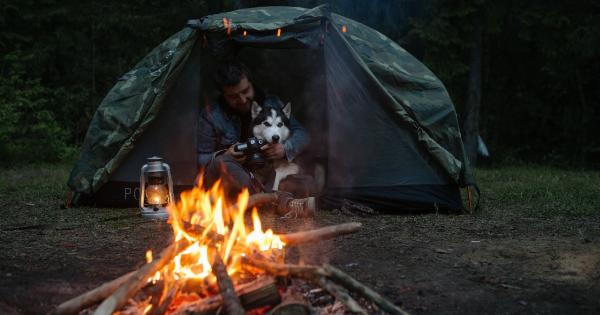When it comes to the safety and well-being of your family, there is no compromise. Your home should be a sanctuary where you can feel secure and protected.
Implementing the right security measures and adopting safety practices are crucial for the overall well-being of your loved ones. In this article, we will discuss some key strategies to ensure the safety of your family at home.
1. Install a Reliable Home Security System
A home security system is the first line of defense against potential threats. Investing in a reliable security system can deter burglars and provide you peace of mind.
Look for a system that includes door and window sensors, motion detectors, and surveillance cameras. Ensure that the system is connected to a reliable monitoring service that can alert you and the authorities in case of a breach.
2. Secure Entry Points
The doors and windows of your home are vulnerable areas that need to be secured properly. Reinforce all entry points with high-quality deadbolt locks and consider installing a peephole or a video doorbell to identify visitors before opening the door.
Windows should have secure locks, and if possible, consider adding security film to make them shatter-resistant.
3. Adequate Outdoor Lighting
Proper outdoor lighting can deter potential intruders and reduce the risk of accidents. Install bright motion-sensor lights around the perimeter of your home, focusing on the entry points and pathways.
This will ensure that anyone approaching your property will be illuminated, making it less attractive for unwanted visitors.
4. Be Mindful of Fire Hazards
Fire safety is a critical component of home security. Install smoke detectors in each room of your home and regularly test them to ensure they are functioning correctly.
Have fire extinguishers on each floor, particularly in the kitchen and near heating appliances. Develop a fire escape plan, and practice it with your family so that everyone knows what to do in case of an emergency.
5. Childproof your Home
If you have young children, it’s essential to make your home childproof. Secure cabinets and drawers with childproof locks, cover electrical outlets, and install safety gates at stairways.
Keep hazardous substances out of reach and install window guards to prevent falls. Regularly inspect and repair any potential risks in your home to ensure a safe environment for your little ones.
6. Practice Internet Safety
In this digital age, online safety is just as important as physical safety.
Teach your children about internet safety, including the importance of not sharing personal information online, avoiding suspicious emails or websites, and being cautious while interacting with strangers on social media. Consider setting up parental controls on devices used by your children to ensure a secure browsing experience.
7. Maintain a Neat and Tidy Yard
A well-maintained yard not only enhances the aesthetics of your home but also serves as a safety measure. Trim overgrown bushes and trees near windows and doors, as they can provide cover for potential burglars.
Keep your yard free from clutter, ensuring there are no objects that can be used to access higher areas of your home or as potential weapons.
8. Get to Know Your Neighbors
Building a strong relationship with your neighbors can significantly contribute to the overall security of your home.
Look out for each other’s properties, exchange contact information, and consider joining or establishing a neighborhood watch program. Informing a trusted neighbor about your travel plans can help them keep an eye on your home and alert the authorities if anything seems amiss.
9. Store Valuables Securely
Keep your important documents, jewelry, and other valuables in a secure location. Consider investing in a home safe that is fireproof and tamper-resistant.
Avoid keeping large sums of cash at home and instead opt for electronic forms of payment whenever possible. By ensuring the security of your valuable belongings, you can minimize potential losses and maintain your peace of mind.
10. Educate Your Family on Safety Measures
In addition to implementing various safety measures, it is crucial to educate your family members on safety practices and emergency procedures.
Teach them how to use security systems, what to do in case of a fire or burglary, and how to handle potential hazards. Regularly discuss and reinforce these safety measures so that they become ingrained habits.






























